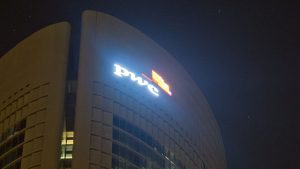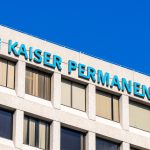In a landmark move towards revolutionizing the construction industry in the Middle East, PwC and engineering powerhouse Dar Al-Handasah have joined forces to pioneer sustainable built environment solutions. Recognizing Additionally, Hani Ashkar, leader of PwC Middle East, emphasized the pivotal role of well-connected and functional buildings in the pursuit of cognitive and sustainable cities. He outlined the shared vision of the two businesses to use their combined expertise to address the most difficult engineering and design problems in the area. This collaboration's timing is particularly fortunate because it coincides with the COP28 UN climate summit that the UAE will be hosting in December. This convergence of global leaders presents an ideal platform to showcase and promote the groundbreaking solutions emerging from this partnership. Yahya Anouti, partner and ESG leader at Strategy&, underlined the transformative potential of the regional investment surge in the construction industry. He highlighted the unique opportunity to shift away from traditional labor-intensive methods, envisioning the Middle East as an innovation and start-up hub for sustainable construction. Anouti emphasized the potential to pioneer novel materials and construction technologies that would position the region as a trailblazing export hub. PwC's estimates shed light on the pressing environmental concerns in the Middle East, with two-thirds of the region's 320 million inhabitants residing in cities. The consequence of urbanization is a substantial spike in CO2 emissions. Astonishingly, approximately 40% of global CO2 emissions emanate from construction, materials, and demolition activities. The Middle East, however, holds immense promise in this domain. Nations like Saudi Arabia, the UAE, Qatar, and Egypt have committed to ambitious net-zero targets, aligning with the Paris Agreement. This collective resolve places the Middle East at the forefront of a paradigm shift in the built environment sector. Anouti underscored the region's potential, pointing to the aggressive climate commitments made by all GCC countries. These include the UAE's objective of achieving net-zero emissions by 2050 and Saudi Arabia's aspiration to attain the same milestone by 2060. Concurrently, countries in the region are diversifying their economies by making substantial investments in solar energy, banking, tourism, and technology, reducing their dependence on oil. The collaboration between PwC and Dar Al-Handasah signifies a monumental stride towards a sustainable future in Middle Eastern construction. With the collective might of these industry leaders, the region is poised to lead the charge in transforming the built environment landscape, setting a powerful example for global sustainable development.
PwC Enters Ground-breaking Partnership for Sustainable Construction in Middle East
the urgent need for eco-conscious innovations in one of the most challenging sectors to decarbonize, this strategic collaboration harnesses the combined expertise of both entities in engineering, architecture, and construction.
























